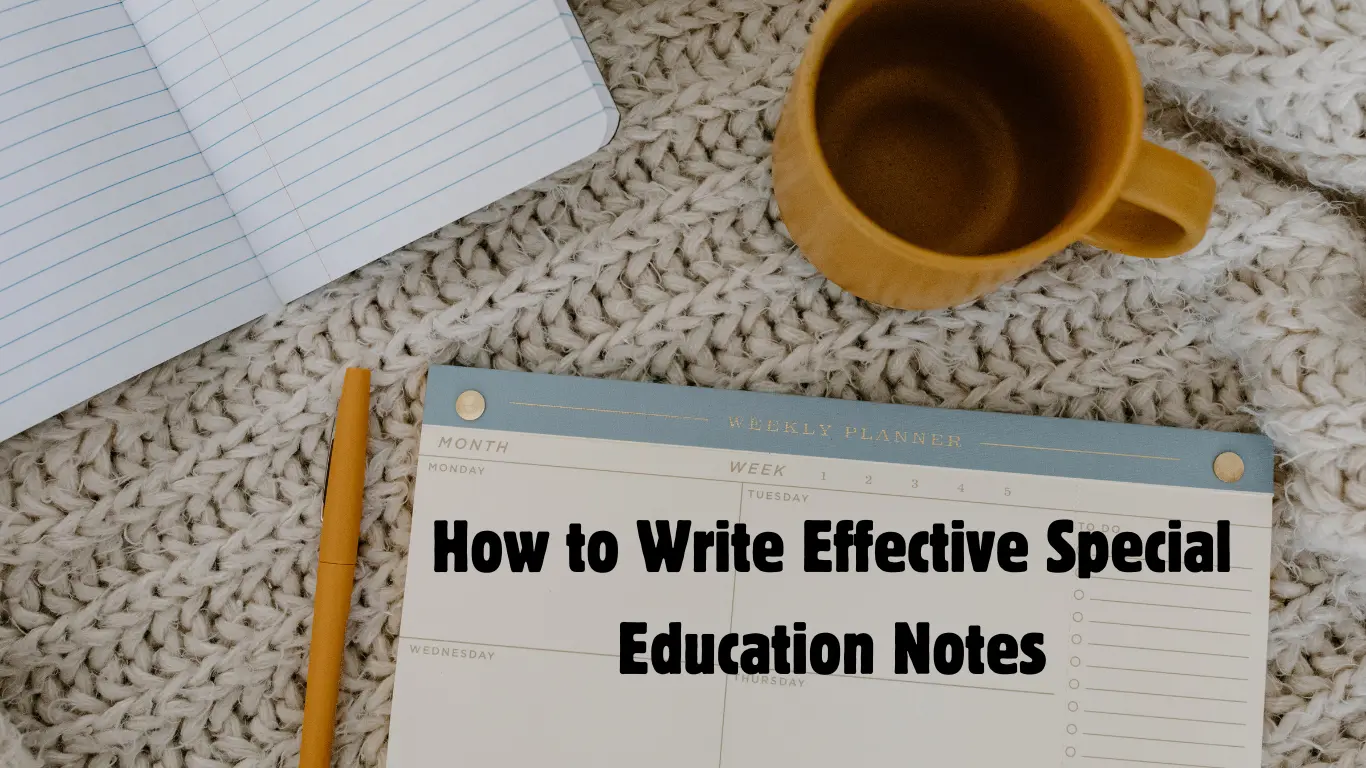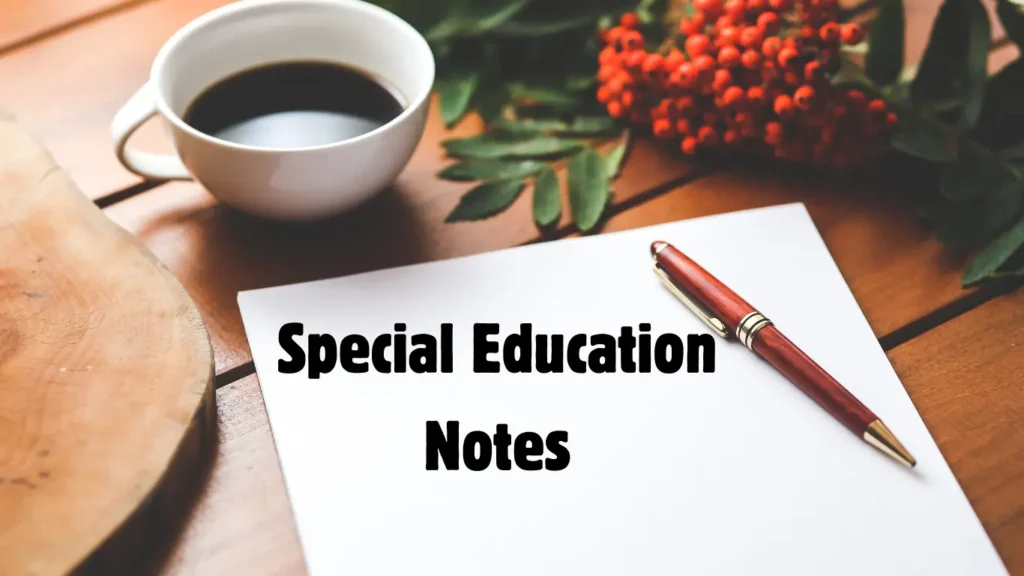Special education is an essential part of the educational system. It caters to students with diverse needs, ensuring they receive the appropriate support and resources. This guide provides an overview of special education notes, offering insights into key concepts, strategies, and practices with Punjab Educare.
What Are Special Education Notes?
Special education notes are detailed records that help educators track and support students with functional needs. These notes often include:
- Student Progress: Regular updates on the student’s academic and behavioral progress.
- Individual Education Plans (IEPs): Custom plans tailored to each student’s needs.
- Teaching Strategies: Effective methods used to enhance learning for students with disabilities.
These notes are crucial for creating a supportive learning environment.
Importance of Special Educational Notes
- Customized Learning: Special education notes allow for the creation of personalized learning plans.
- Monitoring Progress: Teachers can track the effectiveness of teaching methods and adjust as needed.
- Parental Involvement: Notes help keep parents informed about their child’s progress and challenges.
- Compliance: They ensure that schools adhere to legal requirements for educating students with disabilities.
Key Components of Special Education Notes
- Student Profile: Basic information about the student, including strengths and needs.
- Goals and Objectives: Specific educational goals tailored to the student’s abilities.
- Instructional Strategies: Methods and techniques used to support the student’s learning.
- Assessment Data: Regular evaluations to measure progress and adjust teaching strategies.

How to Write Effective Special Education Notes
- Be Clear and Concise: Use simple language to describe the student’s progress and needs.
- Be Specific: Provide detailed information about what strategies work and what needs improvement.
- Be Objective: Focus on facts rather than opinions or assumptions.
- Be Consistent: Update notes regularly to reflect the student’s current status and needs.
Benefits of Regular Updates
- Improved Learning Outcomes: Regular updates help in refining teaching strategies to better meet student needs.
- Enhanced Communication: Keeps all stakeholders, including parents and other educators, informed and engaged.
- Data-Driven Decisions: Enables educators to make informed decisions based on current data.
Challenges in Maintaining Special Education Notes
- Time-Consuming: Keeping detailed records can be time-intensive for educators.
- Consistency: Ensuring that notes are consistently updated across different subjects and teachers.
- Privacy Concerns: Protecting the confidentiality of student information.
Best Practices for Managing Special Education Notes
- Use Technology: Digital tools can help in organizing and updating notes efficiently.
- Collaborate: Work with other educators and specialists to ensure comprehensive documentation.
- Training: Regular training for staff on best practices for writing and using special education notes.
Special Education Notes in Practice
In practice, special educational notes are used to create detailed reports on student progress. For example, a teacher might document a student’s improvement in reading comprehension over time. These notes can then be used to adjust teaching strategies and ensure the student continues to make progress.
Case Study: Effective Use of Special Education Notes
Consider a student named Alex who has a learning disability in reading. The teacher uses special educational notes to document Alex’s progress and challenges. Over time, the notes show that a specific reading strategy is helping Alex improve. The teacher continues to use this strategy and shares the information with Alex’s parents, leading to better support at home.
Conclusion
Special education notes play a vital role in supporting students with support needs. They provide a structured way to track progress, plan instruction, and communicate with all involved parties. By following best practices and using effective strategies, educators can make the most of these valuable tools.
FAQs About Special Education Notes
What should be included in special educational notes?
Include student progress, goals, instructional strategies, and assessment data.
Why are special education notes important?
They help in creating customized learning plans, monitoring progress, and ensuring compliance with legal requirements.
How often should special education notes be updated?
Regularly, to reflect the student’s current progress and needs.
What are some challenges in maintaining special educational notes?
Challenges include time consumption, consistency, and privacy concerns.
How can technology help in managing special educational notes?
Technology can streamline the process of organizing, updating, and accessing notes.


